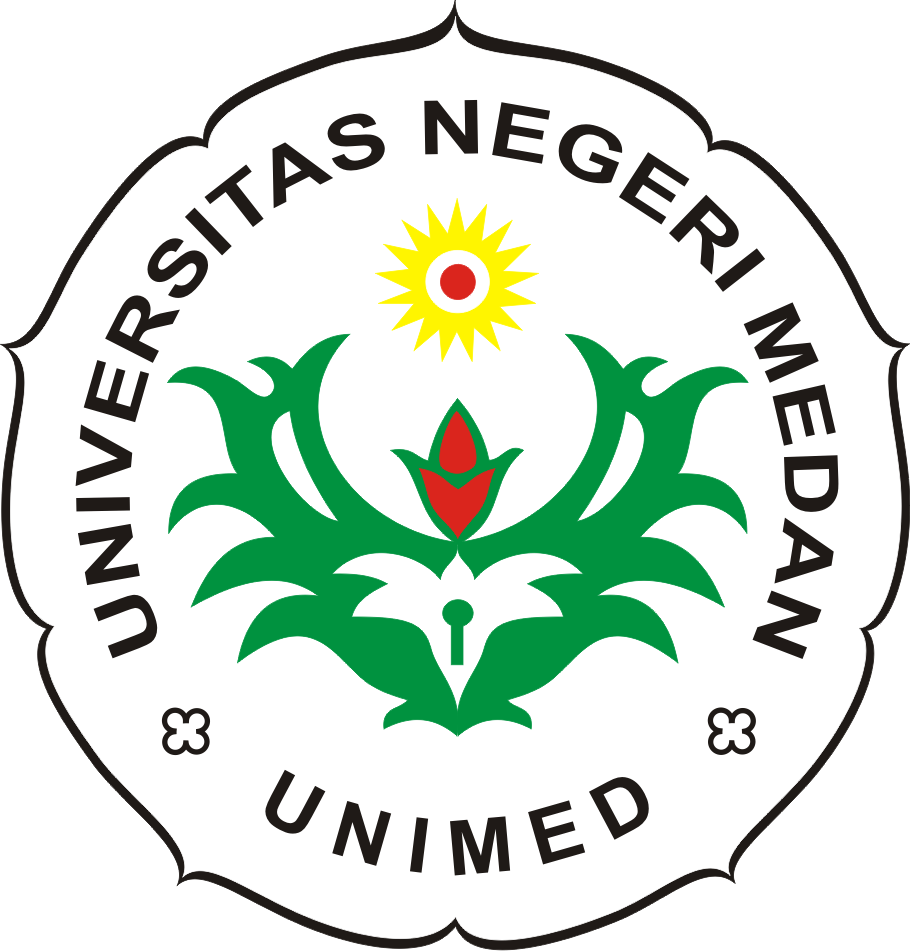THE EFFECT OF USING PREDICT,LOCATE,ADD,NOTE (PLAN) STRATEGY ON THE STUDENTS™ READING COMPREHENSION OF ARGUMENTATIVE TEXTS
DOI:
https://doi.org/10.24114/reg.v5i3.5306Abstract
This study was aimed at finding out the effect of using Predict,Locate,Add,Note (PLAN) Strategy on the Students™ Reading Comprehension of Argumentative Texts. This study ased the experimental design. The population of this study was the students of SMA Negeri 14 Medan. There were sixty students as the sample of research. This study was conductedwith two randomized group. Namely experimental and control group. The experimental group was taught by Predict,Locate,Add,Note (PLAN) Strategy while control group was taught without Predict,Locate,Add,Note (PLAN) Strategy. The instrument of collecting the data was multiple choice test which consists of 25 items. To obtain the reliability of the test, the researcher used Kuder Richardson (KR-20) formula. The calculation shows the reliability is 0.83 (very high). The data were analyzed by using t-test. The calculation show that t-observed (6.5) is higher than t-table (2.00) at the evel of significance (x)0.05 with the degree of freedom (df) 58. Therefore, the null hyphothesis (Ho) is rejected and alternative hyphotesis(Ha) is accepted. It means that teaching reading comprehension of argumentative texts by Predict, Locate, Add, Note (Plan) Strategy has more significant effect than teaching reading comprehension of argumentative texts without Predict, Locate, Add, Note (PLAN) Strategy.Downloads
Published
Issue
Section
License
Authors who publish with this journal agree with the following terms:
- Authors retain copyright and grant the journal right of first publication with the work simultaneously licensed under a Creative Commons Attribution License that allows others to share the work with an acknowledgment of the work's authorship and initial publication in this journal.
- Authors are able to enter into separate, additional contractual arrangements for the non-exclusive distribution of the journal's published version of the work (e.g., post it to an institutional repository or publish it in a book), with an acknowledgement of its initial publication in this journal.
- Authors are permitted and encouraged to post their work online (e.g., in institutional repositories or on their website) prior to and during the submission process, as it can lead to productive exchanges, as well as earlier and greater citation of published work (See The Effect of Open Access).
- This work is licensed under a Creative Commons Attribution-ShareAlike 4.0 International License.






